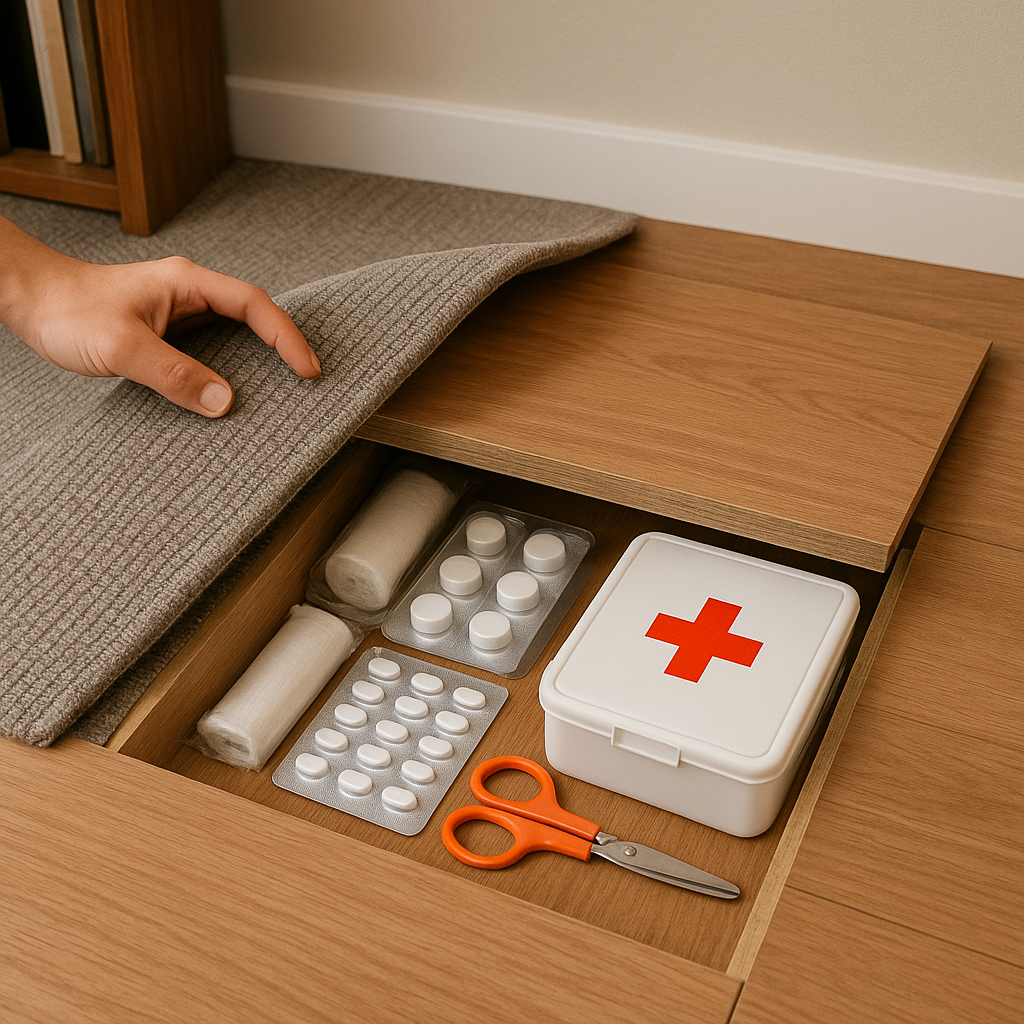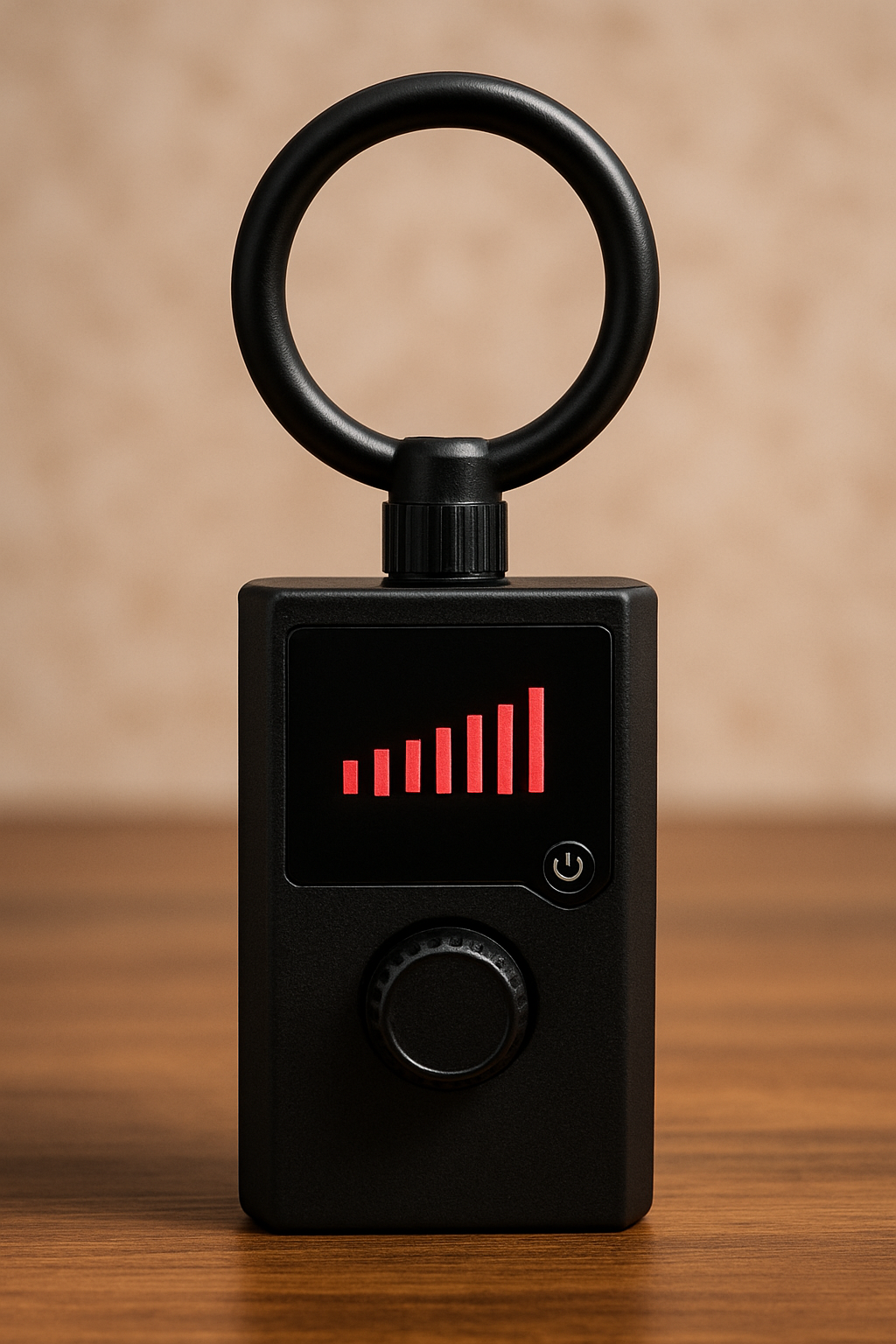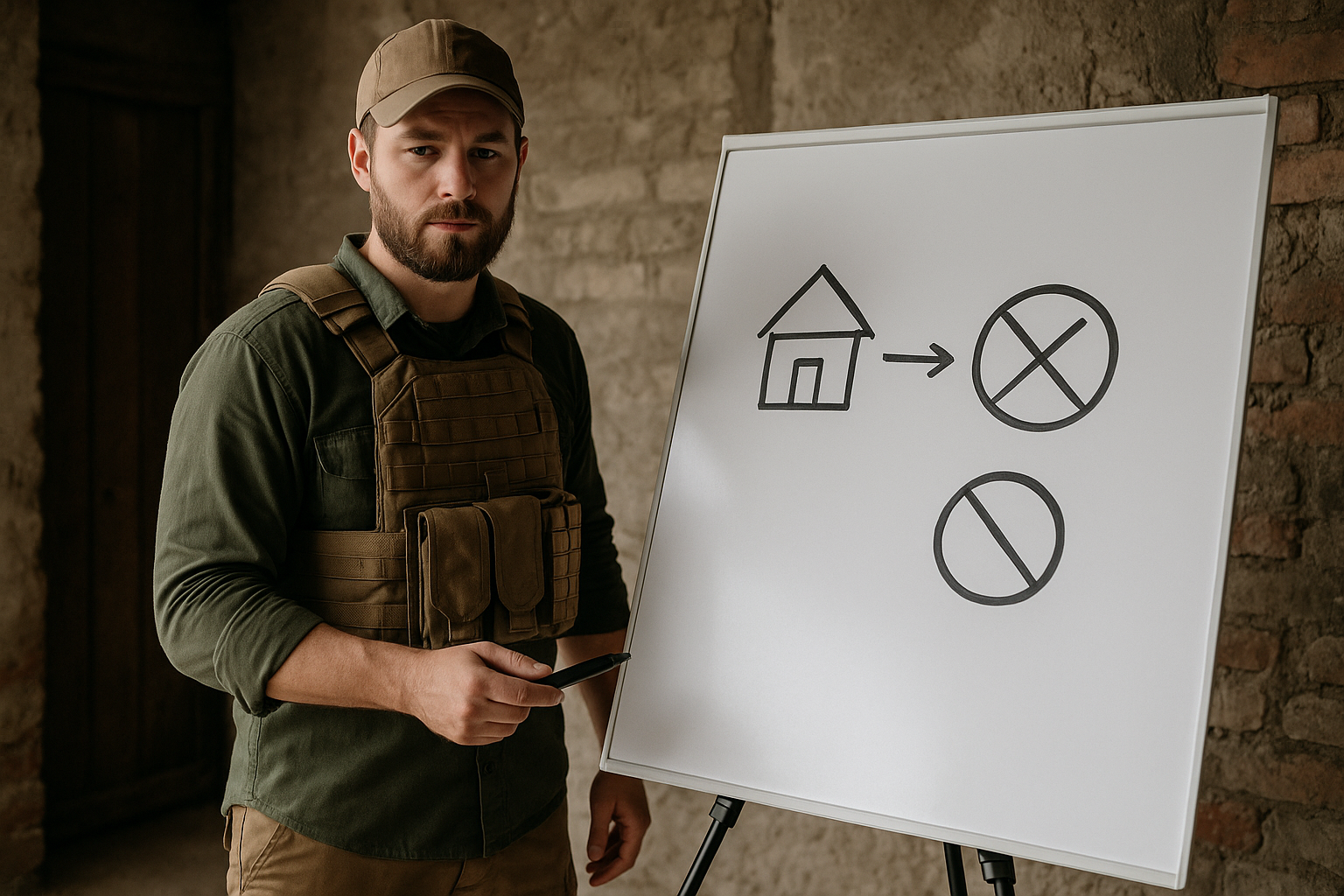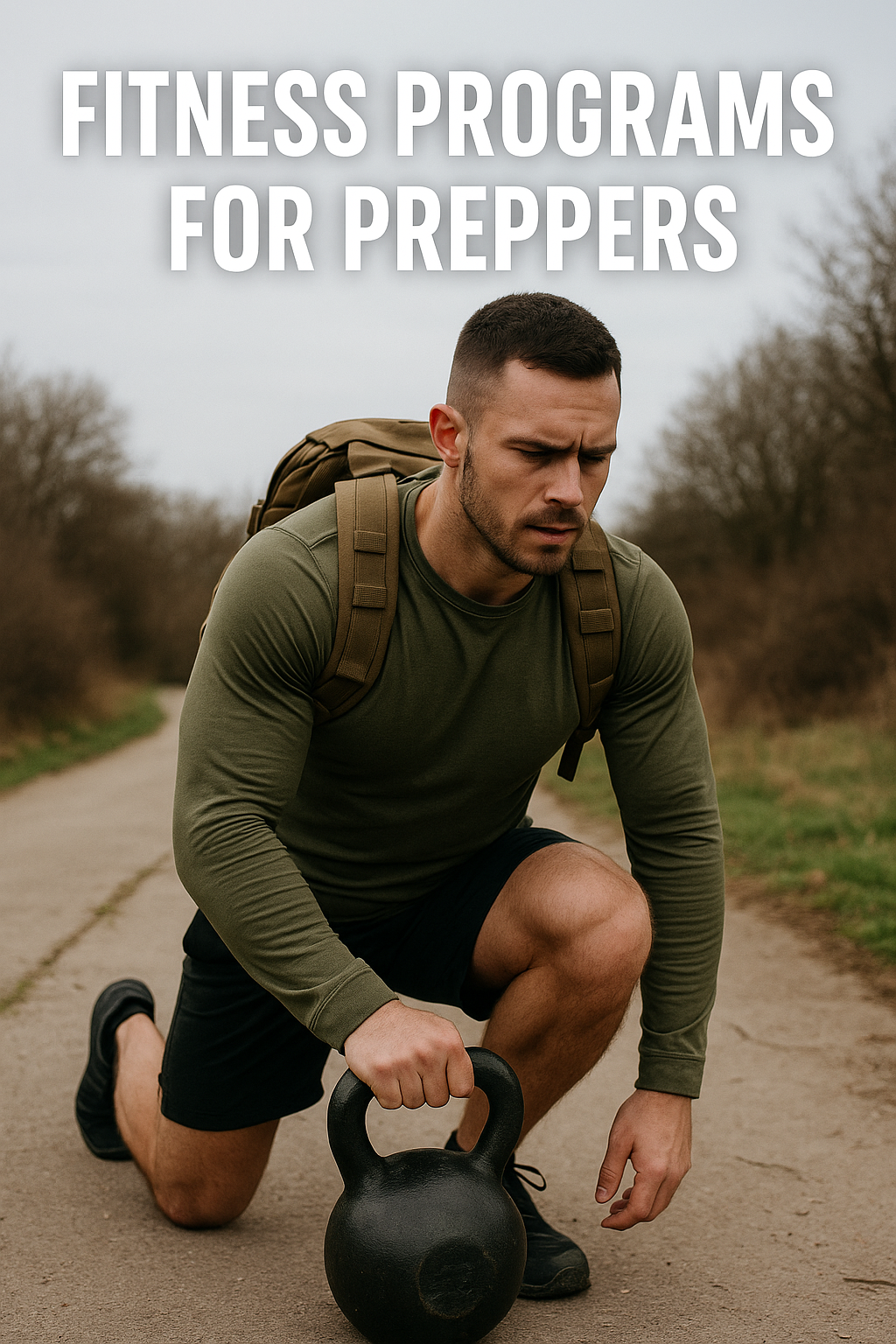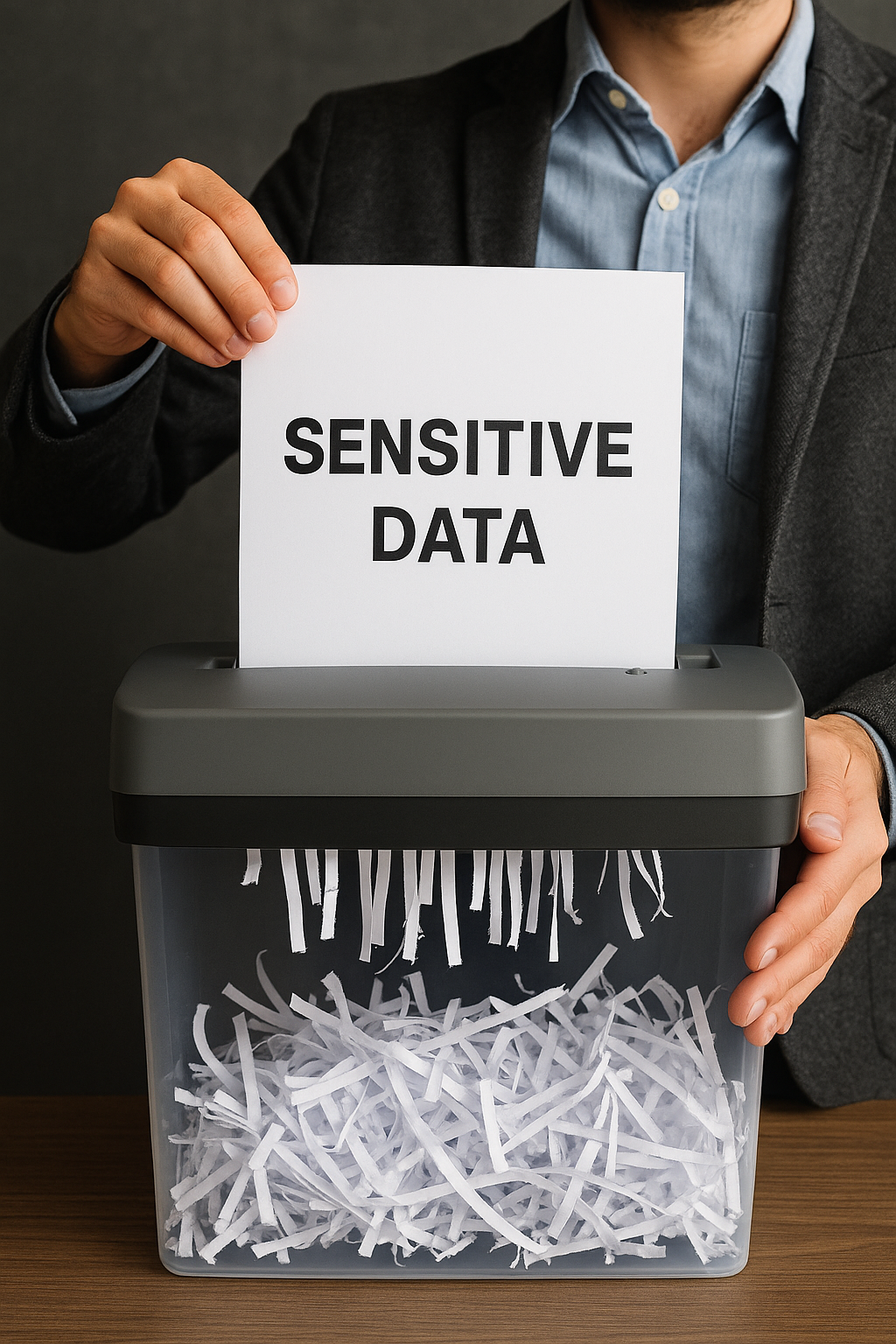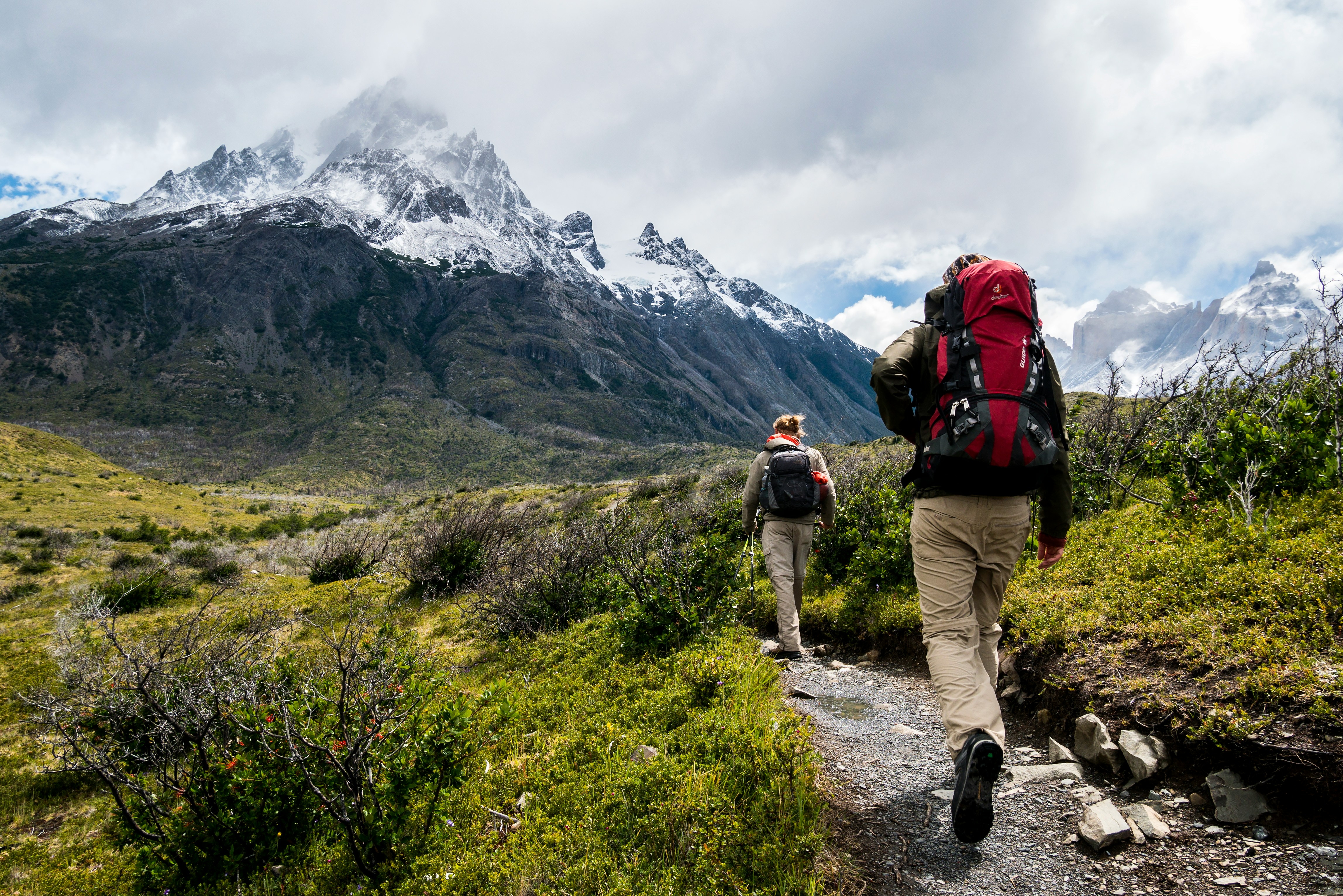OPSEC Training for Preppers: Protecting Your Plans and Supplies
In the preparedness world, operational security (OPSEC) isn’t just a military concept—it’s a vital skillset for anyone serious about emergency readiness. OPSEC is the practice of protecting sensitive information that, if exposed, could be used to exploit your vulnerabilities. For preppers, this means safeguarding details about your supplies, bug-out locations, plans, and capabilities.
Why OPSEC Matters for Preppers
Imagine this: A natural disaster strikes your area. As resources dwindle, people remember the neighbor who always seemed extra prepared. Suddenly, your home becomes a target for those who didn’t prepare. This is the reality OPSEC aims to prevent.
Poor OPSEC can compromise your safety, your resources, and even your family. Practicing good OPSEC means staying one step ahead by keeping your critical plans and assets private.
The Five Steps of OPSEC
- Identify Critical Information: Inventory what information could jeopardize your preparedness if it became public knowledge. Examples:
- Amount and location of food and water storage
- Type of security systems or firearms owned
- Your bug-out route or shelter
- Analyze Threats: Who might want this information? Opportunistic criminals? Desperate neighbors? Government agencies during a crisis?
- Assess Vulnerabilities: How might your information be exposed? Social media posts? Unsecured documents? Visible stockpiles in your garage?
- Evaluate the Risks: Rank each vulnerability based on how likely it is to be exploited and the damage it could cause.
- Apply Countermeasures: This is where training and discipline come in. Mitigation might include:
- Keeping supplies out of sight
- Using generic packaging
- Limiting details shared with friends, even in casual conversation
- Encrypting or securely storing any digital preparedness plans
Real-World OPSEC Tips for Preppers
- Watch Your Language: Avoid phrases like “when the grid goes down” or “SHTF plan” in public. These attract attention.
- Camouflage Your Lifestyle: Be the “gray man.” Blend in. Don’t flaunt gear, bulk food purchases, or tactical clothing.
- Secure Digital Footprints: Don’t post your prepping progress or storage photos online. Use encrypted tools for digital notes.
- Operational Cover Stories: Tell curious friends you’re stocking up due to “rising food costs” or “camping supplies” rather than doomsday prepping.
- Practice Discreet Resupply: Spread out purchases across stores and time to avoid raising flags.
Practice Makes Permanent
OPSEC isn’t a one-and-done task—it’s an ongoing discipline. Conduct periodic audits of your behavior, storage, and communication. Involve your family in basic OPSEC principles so everyone understands what can and cannot be shared.
Stay Safe, Stay Private Operational security is about more than secrecy—it’s about survival. Prepping is an investment in your future. Protect it with the same care and vigilance you give your gear and supplies.
Ready to take it further? Check out our Emergency Communications Guide to secure your radios, messaging, and online footprint.
